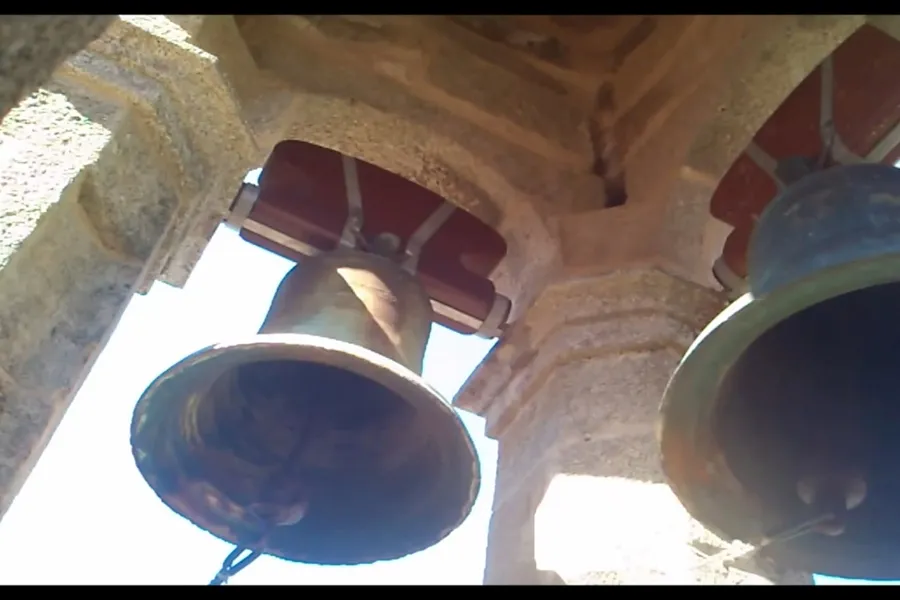September 4, 2024

A frame of one of the videos that was used in the book
Butler Ph.D. student J.A. Strub noticed something unusual at the start of the COVID-19 pandemic. While most of us were hoarding toilet paper and trying to download a new software called Zoom, Strub and co-author Margolies observed a strange internet trend emerging. People from around the world, especially from Latin America, began recording themselves performing music and uploading it to YouTube. Strub noted that this phenomenon was “worldwide, from big cities to small remote villages.” He also remarked that “most of these artists had no plans to make money or gain views.” This desire to share music was tied to the pandemic, and many of those who posted videos have since removed them.
One of the videos that was used in the book
Strub and Margolies were intrigued by this phenomenon and decided to write a book to explore why it occurred. The book focuses on Latin America and they watched over 4,000 YouTube videos and conducted multiple extensive interviews with local artists. Many of these artists were difficult to contact, and Strub described the challenge of reaching them: “YouTube does not allow direct messaging, so I would often have to leave a comment with my email and phone number.” Through these interviews, a remarkable portrait of Latin American musicians during COVID emerges. One musical group had to walk 16 days and climb the Andes mountains to get home, carrying their instruments, because buses were shut down after a show due to COVID. Others had to travel great distances to find a location with internet access to upload their videos. This book highlights the scope of people recording on YouTube at the time; Strub describes it as everyone from “Grammy-winning artists” to people with little musical experience “recording in their bathroom.”
Another video featured in the book highlights some of the frontline responders in Latin America
The book captures a moment when everyone seemed eager to communicate through music, but it raises more questions than it answers. Strub and Margolies do not have a definitive explanation for why this happened. “This is what we hope future researchers will solve,” says Strub. The book poses a question that has not been asked before: Why did this occur? If you lived through COVID and posted videos of your music, this book might help you understand why you did it and reassure you that you weren’t alone. It was a bit of a Woodstock moment for music; instead of three days of Peace & Music, it was three years of Anxiety & Music. Either way, both were moments in time that changed the music world forever.
A local group of police officers singing about washing your hands and other Covid tips
The book can be purchased here https://www.equinoxpub.com/home/maldito-coronavirus/ or through booksellers like Amazon and Barnes and Noble.
Their website on the book is https://www.malditocoronavirus.com/

